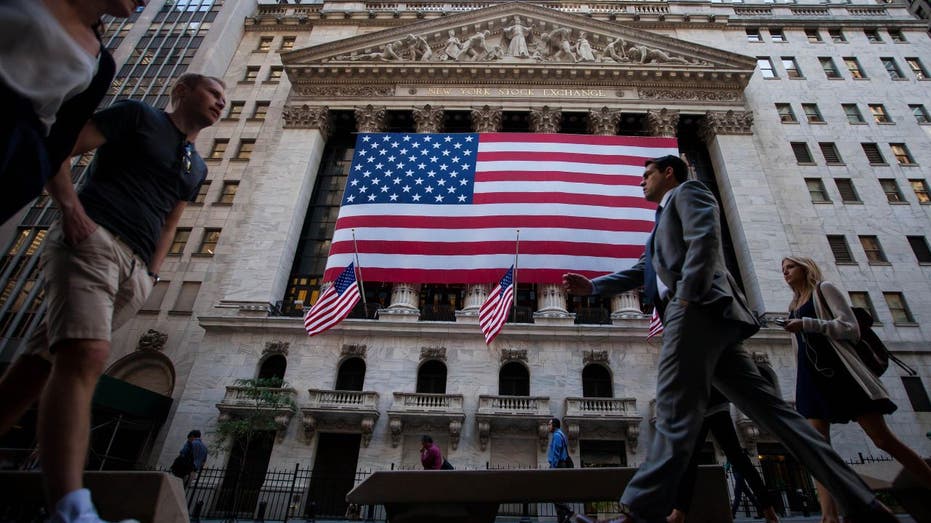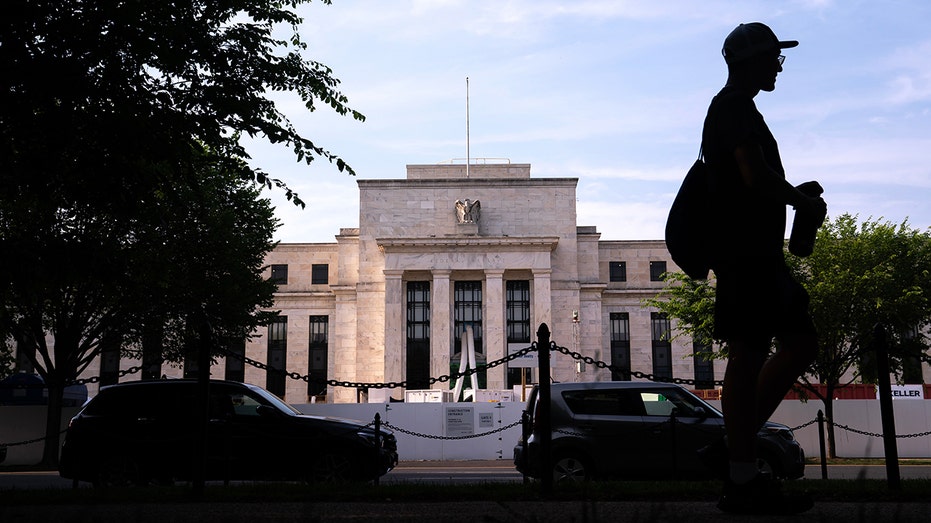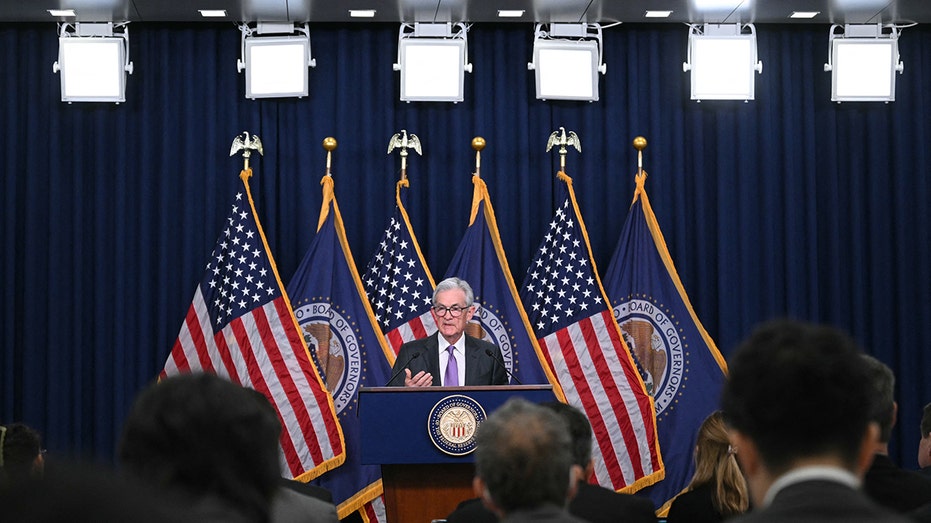Growing US debt burden spooks some bond investors as election looms
Bond investors are on edge about mounting U.S. deficits and their impact on the market for Treasuries
US debt will be an ‘important election issue,’ Brenda O’Connor Juanas says: These numbers are ‘scary’
UBS Wealth Management SVP Brenda O’Connor Juanas and the Lonski Group founder John Lonski discuss the earnings season and share their market outlook for 2024 on Mornings with Maria.
Bond investors are on edge about federal budget deficits that are expected to persist into the foreseeable future regardless of the outcome of this year's presidential election.
Although President Joe Biden and his main challenger, former President Donald Trump, have each touted deficit reduction efforts in their respective administrations, budget forecasts from the nonpartisan Congressional Budget Office (CBO) project the deficit rising from about $1.6 trillion in 2024 to $2.6 trillion a decade from now.
With analysts and investors expecting deficits to remain at historically elevated levels and likely to grow in the years ahead, some have moved to protect their portfolios from a surge in bond yields, while others have raised concerns about the amount of future debt issuance needed to finance deficit spending without destabilizing the $27 trillion Treasury market. Despite those concerns, a debt crisis isn't imminent.
"The most predictable crisis in history… is for the moment more a silent crisis," JPMorgan analysts said in a recent note. It added that the U.S. national debt is, "A problem 'for tomorrow' but not right now."
INTEREST COSTS ON THE NATIONAL DEBT JUST SURPASSED SPENDING ON DEFENSE, MEDICARE

Bond investors are on edge about mounting U.S. deficits and their impact on the market for Treasuries. (Photographer: Michael Nagle/Bloomberg via Getty Images / Getty Images)
A sudden drop in demand for U.S. government bonds is unlikely to transpire due to the dollar's status as the world's leading reserve currency and the size and depth of the market for Treasuries.
However, there have been shifts in demand for U.S. bonds with foreign ownership not keeping pace with the growth of the market and the Federal Reserve reducing the size of its bond holdings.
With lingering uncertainty about the number and depth of the Fed's interest rate cuts – which have been put on hold due to stubbornly high inflation – investors are reassessing the government bond market.

The Federal Reserve is gradually reducing its holdings of U.S. Treasuries. (Photographer: Nathan Howard/Bloomberg / Getty Images)
"One of the things we've been talking a lot about internally is not just the supply but the demand," David Rogal, managing director and a member of the multi-sector team in BlackRock's global fixed income group, told Reuters.
"An environment where you have a reduced buyer base and more supply definitely makes me think that over time you will see more term premium," he said in reference to a measure of extra compensation investors demand for lending to the government through longer-term bond purchases.
Craig Ellinger, head of Americas fixed income at UBS Asset Management, said that short-term debt "seems like the safer place to be in case deficits do get out of control."
WARREN BUFFETT PREDICTS HIGHER TAXES DUE TO RISING DEFICIT

Federal Reserve Chair Jerome Powell has said that interest rates will remain higher for longer until inflation declines. (Photo by Mandel Ngan/ AFP via Getty Images / Getty Images)
"If we take a step back away from the Fed and away from the next six months where we could still get substantial rate cuts, supply numbers are not healthy," Ella Hoxha, head of fixed income at Newton Investment Management, said in a Reuters report. Hoxha currently favors short-term maturities in the market for Treasuries.
Yields for the benchmark 10-year Treasury bond are currently around 4.4%, which she said could rise to 8% or 10% over the next several years because, over the longer term, the lower rates are "not sustainable" given U.S. debt levels.
GET FOX BUSINESS ON THE GO BY CLICKING HERE
The federal government's gross national debt is currently above $34.5 trillion while the debt held by the public, a metric preferred by economists analyzing the national debt, is $21 trillion – though it's projected to rise to $48 trillion by 2034 per the CBO.
The high interest rate environment has exacerbated the deficit, with federal spending on interest payments on the debt surpassing spending on the military and Medicare this year.
Reuters contributed to this report.




















